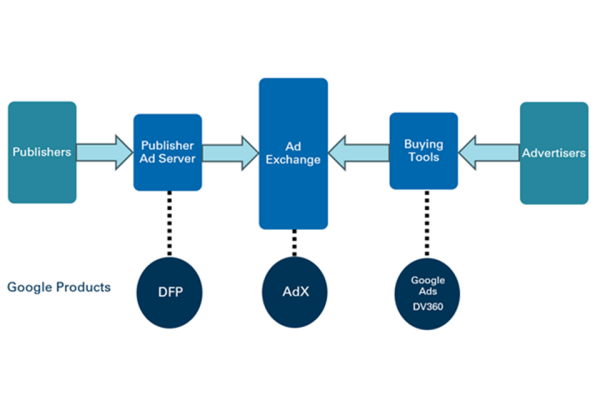 The Competition and Markets Authority (CMA) has announced today its provisional finding provisionally that Google has abused its dominant positions through the operation of both its publisher ad server and buying tools to restrict competition in the UK.
The Competition and Markets Authority (CMA) has announced today its provisional finding provisionally that Google has abused its dominant positions through the operation of both its publisher ad server and buying tools to restrict competition in the UK.
The provisional findings relate to how Google gives precedence to its own ad exchange – harming competition and, as a result, advertisers and publishers.
This action in the UK parallels the actions of US and EU agencies which are also investigating similar concerns in respect of the search behemoth.
As set out in a statement of objections issued to Google on Friday 6th September, the CMA has provisionally found that when placing digital ads on websites, the vast majority of publishers and advertisers use Google’s ad tech services in order to bid for and sell advertising space.
The CMA is concerned that Google is actively using its dominance in this sector to give precedence its own services. In so doing, Google disadvantages competitors and prevents them competing on a level playing field to provide publishers and advertisers with a better, more competitive service that supports growth in their business.
In its 2019 market study of digital advertising, the CMA found that advertisers were spending around £1.8 billion annually on open display ads, marketing goods and services via apps and websites to UK consumers.
The CMA has found provisionally that, since at least 2015, Google has abused its dominant positions through the operation of both its buying tools and publisher ad server in order to strengthen AdX’s market position and to protect its AdX advertising exchange from competition from other exchanges. Moreover, due to the highly integrated nature of Google’s ad tech business, the CMA has provisionally found that Google’s conduct has also prevented rival publisher ad servers from being able to compete effectively with DFP, harming competition in this market.

This practice is still continuing, according to the CMA. The Authority is therefore considering what may be required to ensure that Google ceases these anti-competitive practices and do not do the same or similar in the future.
The CMA may impose a financial penalty on any business found to have infringed the Chapter II prohibition of up to 10% of its annual worldwide group turnover.